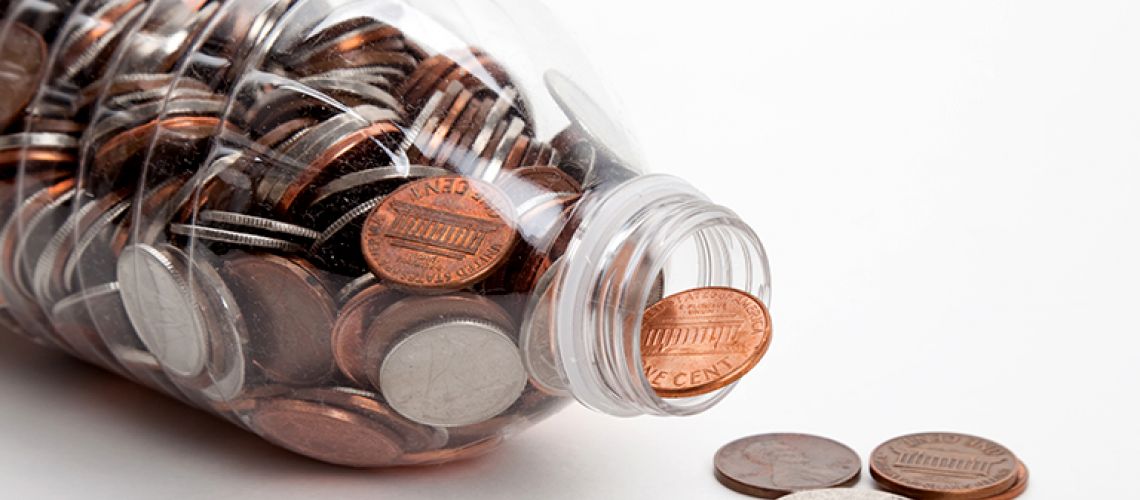Deposit Return Schemes - what are they?
7 May 2019
As it stands, UK households are failing to recycle as many as 16 million plastic bottles every day.
A Deposit Return Scheme (DRS) introduces a small deposit on drinks containers upon purchase, which is rebated when returned after use to a collection point to be recycled.
This approach to dealing with empty drinks containers aims to bring an increase in recycling, improve the quality of material collected for recycling, help combat littering, and prevent plastic and other materials polluting our rivers, oceans and countryside. By adding a value to something currently treated as worthless and ‘throwaway’, we end up viewing plastic bottles as a valuable resource and not just a one-time use object that ends up as rubbish.
10 European countries have already implemented DRS schemes;
- Croatia
- Denmark
- Estonia
- Finland
- Germany
- Iceland
- Lithuania
- Netherlands
- Norway
- Sweden
- PET and HDPE Plastic bottles
- Steel and Aluminium cans
- Glass bottles
Norway and Germany have the highest pay out for returned materials and coincidently (or not) also have the highest total return rates for plastic bottles with 97% and 98.4% respectively.
England is currently reviewing the option of implementing a DRS and how beneficial it would be.
The proposed scheme would cover;
- PET and HDPE Plastic bottles
- Steel and Aluminium cans
- Glass bottles
It is argued that this would improve the quality of recycling by reducing contamination and the consistency of materials.
However, current UK infrastructure has been designed to separate co-mingled recycling materials. It would take a very large investment and cause a significant environmental impact to install this new system. Is it worth it?
To have your say look at filling in the DEFRA consultation before it closes on the 13thMay; https://consult.defra.gov.uk/environment/introducing-a-deposit-return-scheme/

